Showing 1-8 of 8 results
Is Fish Waste Compost Worth the Mess and Effort?
A South Carolina farmer discusses the results of using fish waste compost in vegetable production.
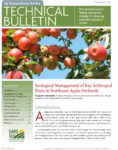
Ecological Management of Key Arthropod Pests in Northeast Apple Orchards
Apples are an important crop in the Northeast, grown for both fresh market and processing. Growers have a challenging task managing insects, mites and diseases. By some estimates, growers may spend up to 25 percent of their production costs on pest management. This technical bulletin outlines strategies developed from SARE-funded projects in Massachusetts and Pennsylvania, including biologically based pest control, orchard architecture and development of materials approved for organic production.
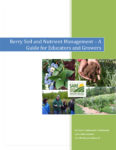
Berry Soil and Nutrient Management Guide for Educators and Growers
This manual has been designed as a comprehensive guide for educators and commercial berry growers interested in improving berry crop soil and nutrient management.
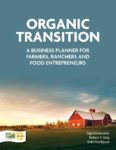
Organic Transition
The profit potential of transitioning to organic production—along with other rewards—has farmers, ranchers and food business owners across the country considering the switch. But successfully managing your business through the multi-year transition process requires careful planning. Use Organic Transition: A Business Planner for Farmers, Ranchers and Food Entrepreneurs to develop an actionable business transition plan that is suitable for yourself, your management team or a lender.
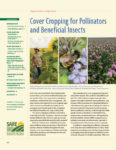
Cover Cropping for Pollinators and Beneficial Insects
This 16-page bulletin will help you use cover crops to encourage populations of pollinators and beneficial insects on your farm while you address your other resource concerns.
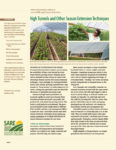
High Tunnels and Other Season Extension Techniques
From low covers to high tunnels, from hoop houses to greenhouses—producers are finding ever more innovative ways to extend the growing season, and their income stream.
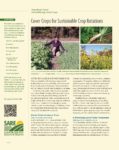
Cover Crops for Sustainable Crop Rotations
Cover crops are one of the best ways to improve soil health, reduce off-farm inputs and protect natural resources. Find a wealth of educational materials developed out of decades of SARE-funded cover crop research.
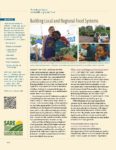
Farm to Table: Building Local and Regional Food Systems
More and more, farmers, ranchers, ag professionals, community organizers and others are striving to reconfigure the nation's food system so more value stays in food-producing communities.